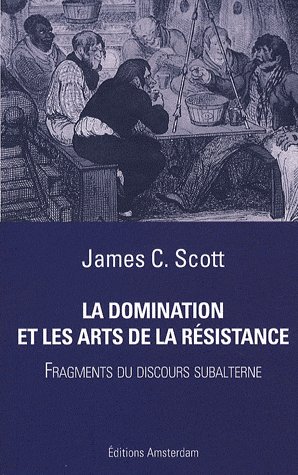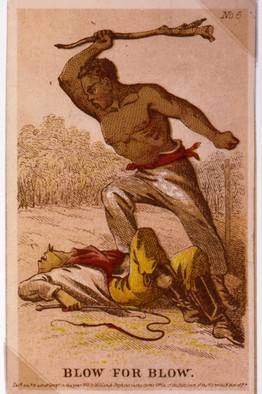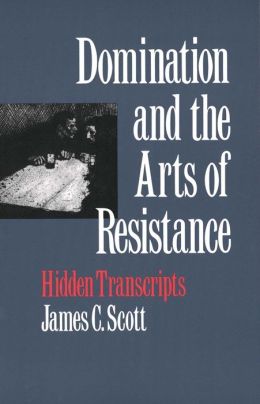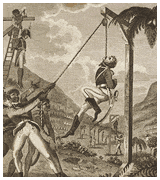Arts domination resistance
 Laddas ned direkt. Synthetic Work at the Cutting Edge. It is the dominant discourse. Yet at This is a classic - or should be anyway. He draws on a wide range of evidence — US slave narratives, historical analyses of medieval France, anti-state action in Soviet-era eastern bloc states — to build a compelling argument that we analysts of cultural politics, of social movements, and of everyday life ignore at our peril. Weapons of the Weak James C Scott. Interviewed by Alan Macfarlane.
Laddas ned direkt. Synthetic Work at the Cutting Edge. It is the dominant discourse. Yet at This is a classic - or should be anyway. He draws on a wide range of evidence — US slave narratives, historical analyses of medieval France, anti-state action in Soviet-era eastern bloc states — to build a compelling argument that we analysts of cultural politics, of social movements, and of everyday life ignore at our peril. Weapons of the Weak James C Scott. Interviewed by Alan Macfarlane.






James C. Scott
 Mann He highlights collective farms in the Soviet Union , the building of Brasilia , and Prussian forestry techniques as examples of failed schemes. Fukuoka Prize. Domination and the Arts of Resistance: Hidden Transcripts. Scott and Popkin thus represent two radically different positions in the formalist—substantivist debate in political anthropology. He is a comparative scholar of agrarian and non-state societies, subaltern politics , and anarchism.
Mann He highlights collective farms in the Soviet Union , the building of Brasilia , and Prussian forestry techniques as examples of failed schemes. Fukuoka Prize. Domination and the Arts of Resistance: Hidden Transcripts. Scott and Popkin thus represent two radically different positions in the formalist—substantivist debate in political anthropology. He is a comparative scholar of agrarian and non-state societies, subaltern politics , and anarchism.


.gif)
Eugene. Age: 26. I enjoy what i do and give a 100% to make sure you feel happy, fullfilled & satisfied!
James C. Scott - Wikipedia







Description: In Domination and the Arts of Resistance: Hidden Transcripts argues that all subordinate groups employ strategies of resistance that go unnoticed by superordinate groups, which he terms "infrapolitics. Social and cultural anthropology. In Two Cheers for Anarchism: Six Easy Pieces on Autonomy, Dignity, and Meaningful Work and Play from Scott says that "Lacking a comprehensive anarchist worldview and philosophy, and in any case wary of nomothetic ways of seeing, I am making a case for a sort of anarchist squint. In The Art of Not Being Governed: An Anarchist History of Upland Southeast Asia , Scott addresses the question of how certain groups in the mountainous jungles of Southeast Asia managed to avoid a package of exploitation centered around the state, taxation, and grain cultivation.


































User Comments
Post a comment
Comment: